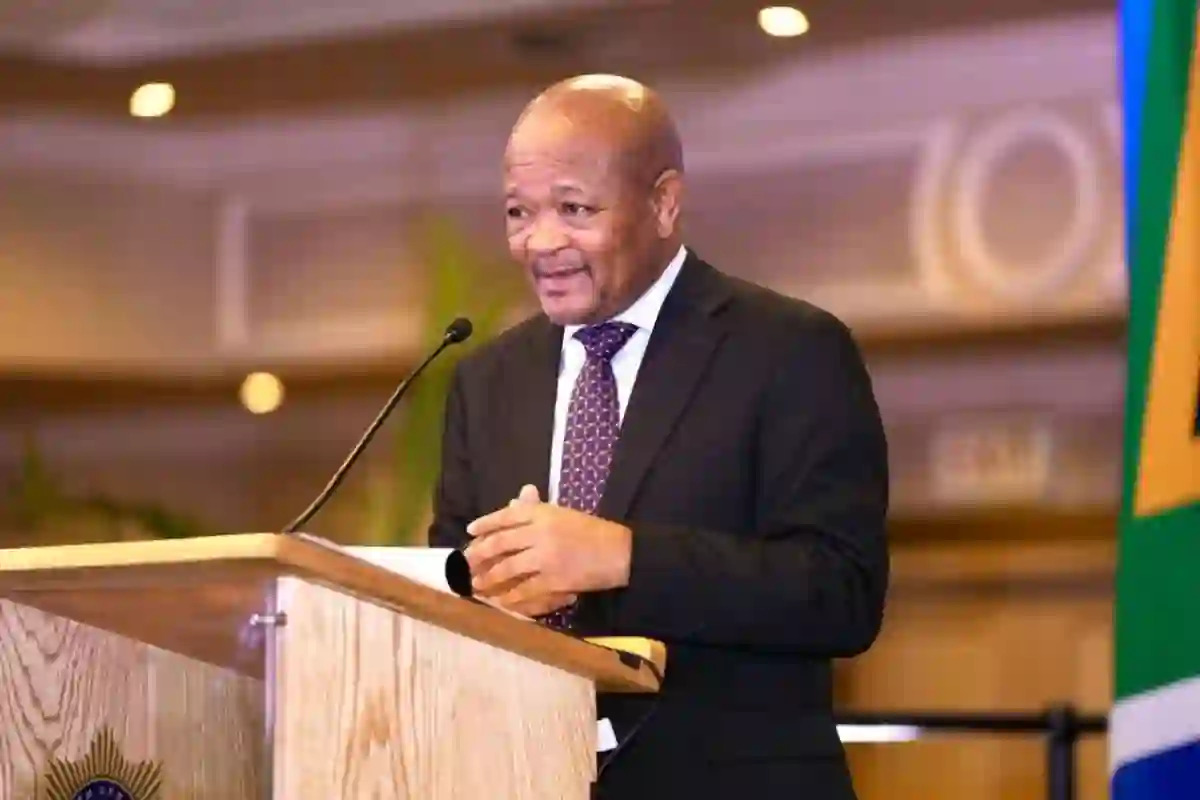When it comes to politics, transparency isn’t just about policies—it’s also about perks.
South Africa’s Parliament has just wrapped up its annual disclosures of gifts and financial interests for 2025, and the list is more colourful than you’d expect.
Among the eye-catching declarations? A high-end smartphone and even a goat.
Senzo Mchunu’s Unusual Gift Receipts
Police Minister Senzo Mchunu didn’t shy away from listing his gifts.
According to the latest Parliament disclosures, Mchunu accepted a cellphone worth R20,000 and a live goat during a visit to KwaZulu-Natal.
The gifts were handed over during an event linked to the launch of a local police station—something he was attending in his official capacity.
The cellphone, a top-of-the-line Samsung Galaxy S23 Ultra, came from MTN, one of the country’s leading mobile network providers.
The goat, however, was gifted by the local Inkosi (traditional leader), as a cultural token of appreciation.
Parliamentarians Put Their Perks on Record
Every year, MPs are required to disclose all benefits—whether financial or in the form of gifts—received in their personal or official capacities.
This process helps Parliament keep things transparent and above board, and also allows the public to see who’s influencing whom.
This year’s round of declarations didn’t disappoint.
It included luxury goods, event tickets, and sponsored travel.
While some gifts are symbolic, others definitely stand out—like that R20,000 phone, which certainly isn’t your average thank-you present.
No Signs of Rules Being Broken—For Now
The Parliament’s Register of Members’ Interests allows these kinds of gifts as long as they’re disclosed and don’t cross ethical lines.
At the moment, there’s no indication that Mchunu or any other MPs broke any rules.
Still, the publication of these records often raises eyebrows and sparks debate about what’s considered acceptable.
For instance, while traditional gifts like goats are culturally significant and often seen as gestures of goodwill, receiving high-value electronics from corporations could be interpreted differently—especially when those companies have business ties with the state.
The Bigger Picture: Why These Declarations Matter
South Africa has been battling public distrust in government for years, with corruption scandals often dominating headlines.
That’s why disclosures like these are more than just formalities—they serve as a critical tool for public accountability.
By laying out who received what, and from whom, the declarations help create a clearer picture of the relationship between politicians, corporations, and community leaders.
They may not always reveal wrongdoing, but they do offer important clues for anyone keeping an eye on ethical standards in public office.
So, What’s Next?
Now that the 2025 disclosures are public, watchdog groups and political analysts will likely go through them with a fine-tooth comb.
They’ll be checking for red flags—gifts that might hint at deeper problems, or patterns of favouritism.
As for Mchunu, there’s no scandal—yet. But as always, the devil is in the details.
The declarations may seem like small updates, but they offer a rare look into the less-visible perks of power.
